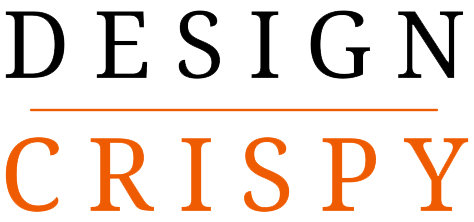In the ever-evolving fashion industry, wholesale clothing vendors play a crucial role in connecting designers, retailers, and consumers. These vendors serve as vital intermediaries that facilitate the distribution of apparel, offering a diverse range of products at competitive prices. Businesses looking to stock their shelves with the latest trends often rely on wholesale suppliers to meet the demands of their customers while maximizing profit margins. Understanding the dynamics of this market is essential for retailers seeking to establish a successful clothing business.
The landscape of wholesale clothing has transformed significantly with the rise of e-commerce and global sourcing, allowing buyers access to a vast array of manufacturers and styles from around the world. As the industry becomes increasingly saturated, retailers must navigate challenges such as pricing fluctuations, quality control, and the importance of selecting reputable vendors. In this article, we will explore the benefits of working with wholesale clothing vendors, tips for finding reliable partners, and strategies to thrive in a competitive marketplace.
Benefits of Working with Wholesale Vendors
Collaborating with wholesale clothing vendors offers numerous advantages for retailers, including cost-effectiveness and access to a wide range of products. These vendors often provide bulk purchasing options, allowing businesses to significantly lower their costs per item compared to retail prices. Additionally, retailers benefit from the ability to stay current with fashion trends without the burden of large upfront investments in inventory. By connecting with luxury wholesale clothing vendors, businesses can also access high-quality products that attract discerning customers, helping to enhance brand reputation and customer loyalty.

Navigating Challenges in Wholesale Clothing
As the wholesale clothing market becomes increasingly competitive, retailers must be strategic in choosing their partners and managing supply chains effectively. Challenges such as inconsistent product quality and fluctuating prices can impact profitability and customer satisfaction. To mitigate these risks, it’s vital for retailers to conduct thorough research and establish relationships with trustworthy vendors that prioritize transparency and reliability. By maintaining open communication and setting clear expectations, retailers can pave the way for successful collaborations that drive growth and profitability in their clothing businesses.
In conclusion, the landscape of wholesale clothing vendors presents both remarkable opportunities and challenges for retailers aiming to establish a strong foothold in the fashion industry. By leveraging the cost advantages and extensive product selections offered by these vendors, retailers can not only enhance their inventory but also adapt swiftly to changing consumer preferences. Success lies in the ability to build solid relationships with dependable vendors, ensuring consistent quality and favorable pricing while navigating the complexities of the marketplace. As the industry continues to evolve, those retailers who prioritize strategic partnerships with reputable wholesale clothing vendors will be well-positioned to thrive, delivering trendy and high-quality apparel that meets the ever-changing demands of their customers.

